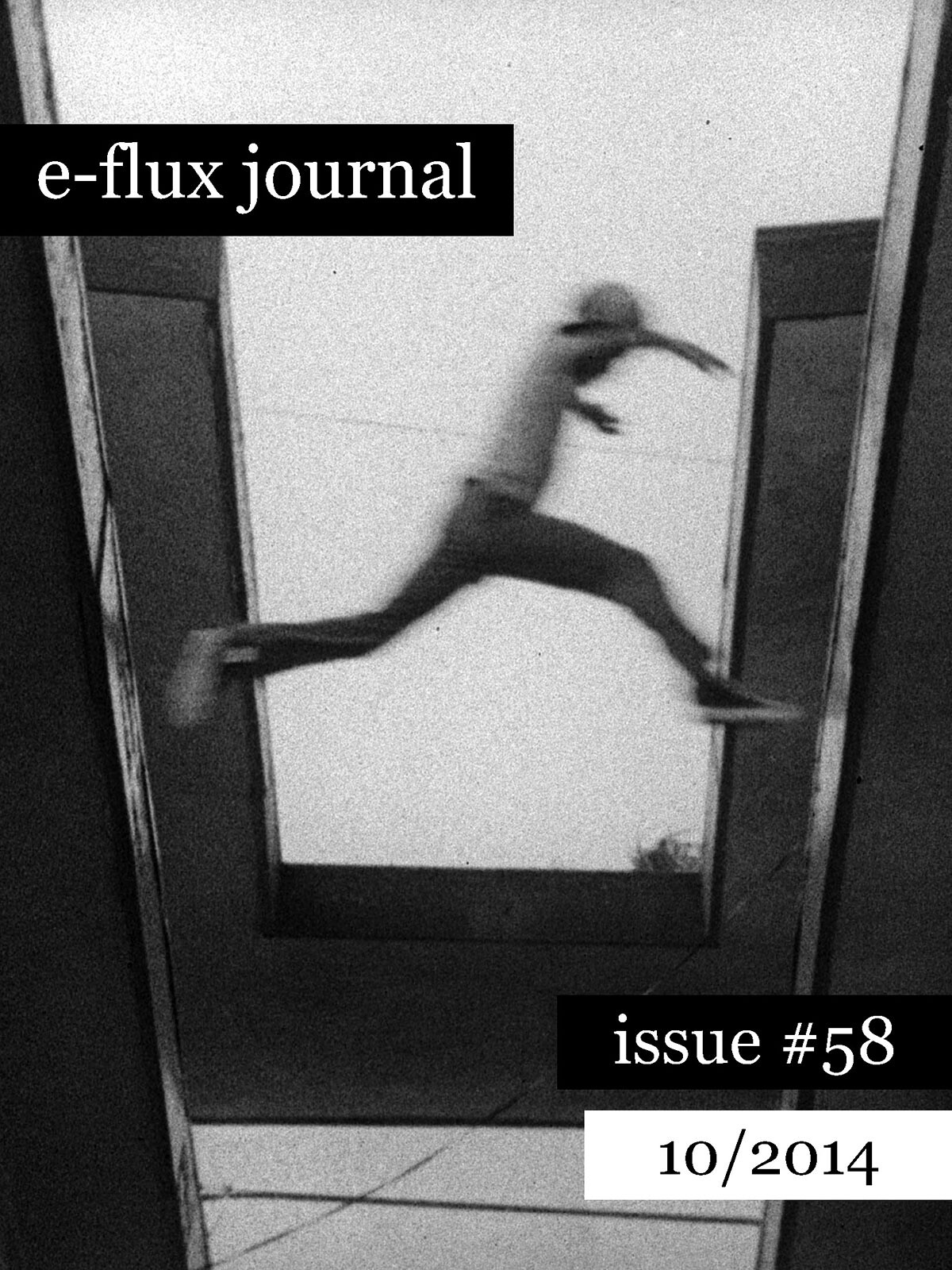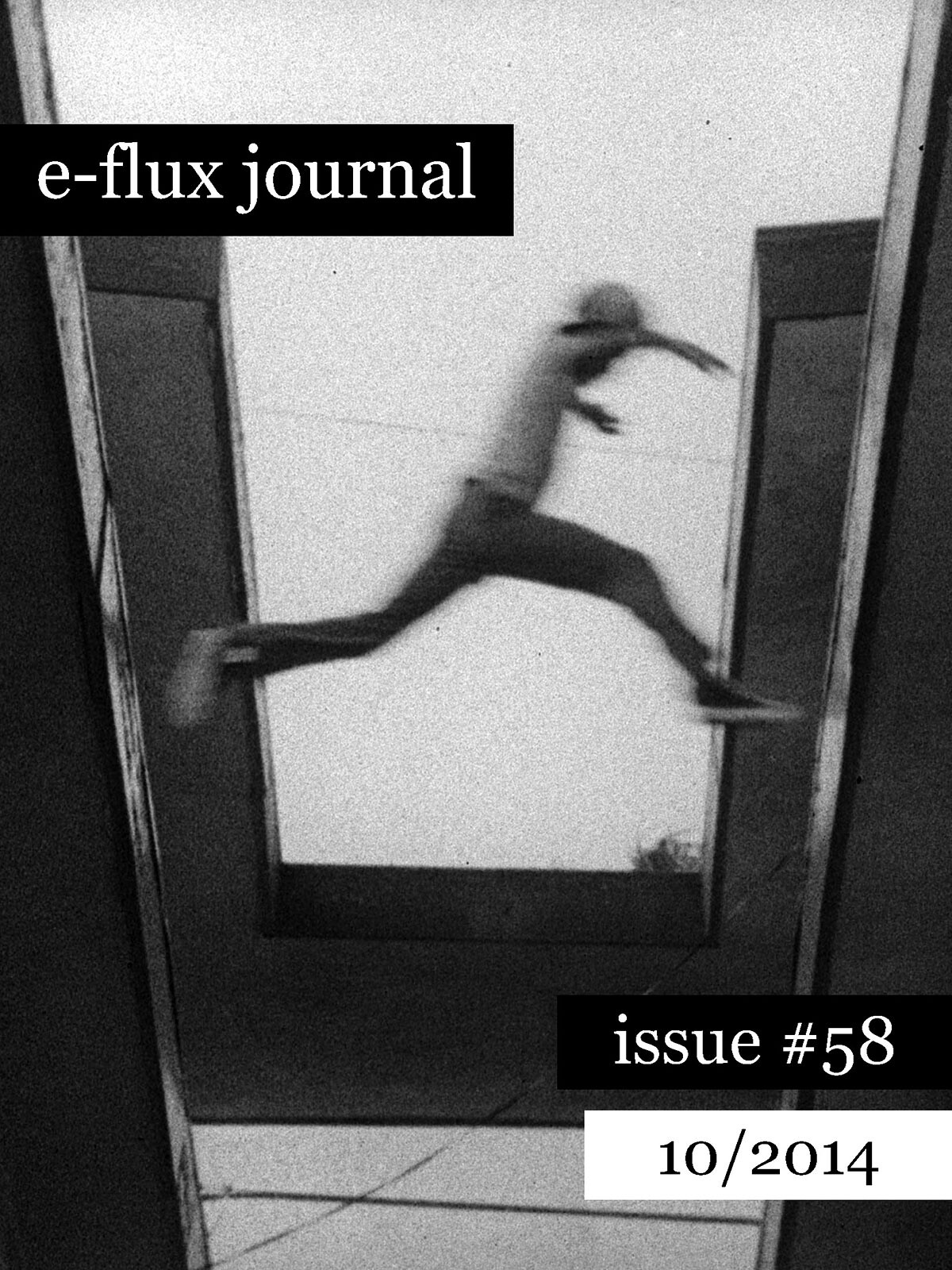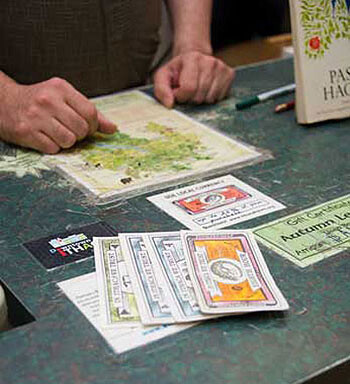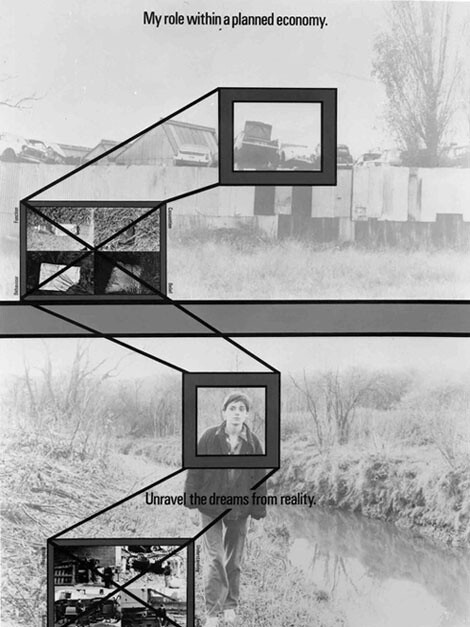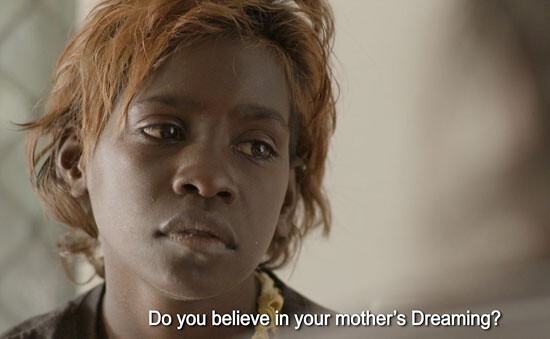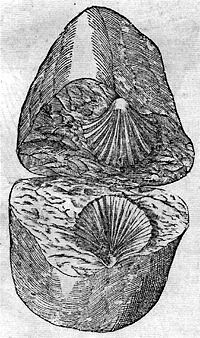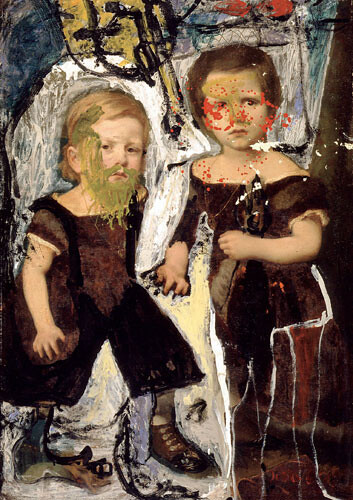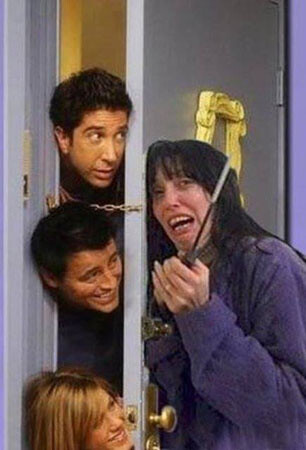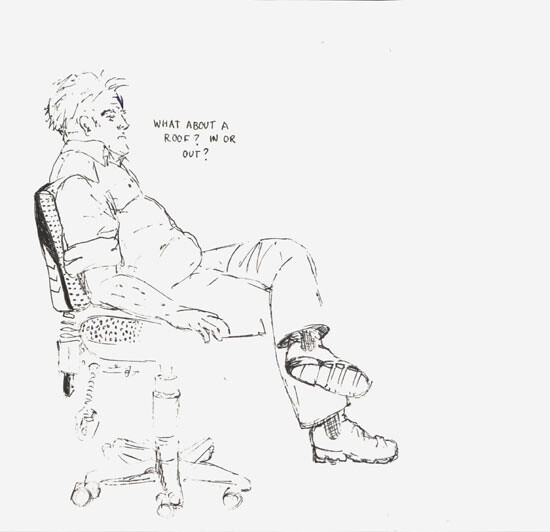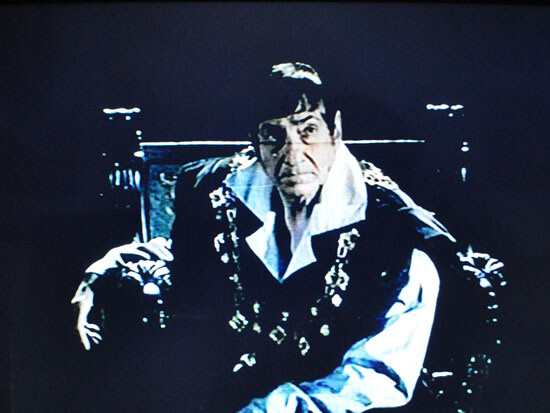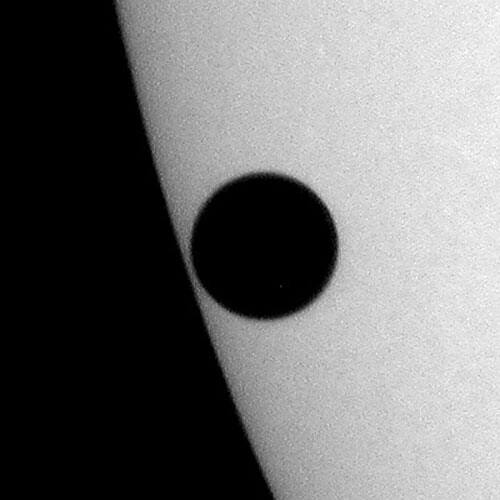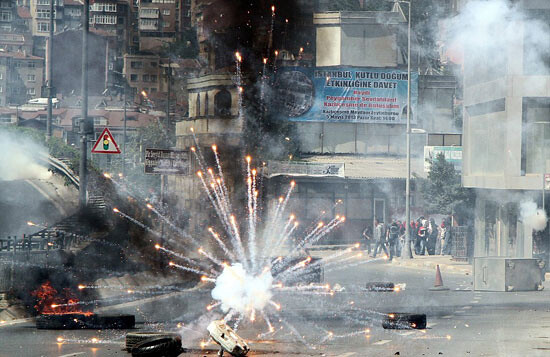Issue #58
“Quasi-Events”
October 2014
With:
Elizabeth A. Povinelli, Julieta Aranda, Brian Kuan Wood, Anton Vidokle, Karrabing Film Collective, Lauren Berlant, Audra Simpson, Liza Johnson, Natasha Ginwala, Vivian Ziherl, McKenzie Wark, Rory Rowan, Tess Lea, Gean Moreno, Ernesto Oroza, Debbora Battaglia, and Dilip Gaonkar
How do we invent bad criteria for rotten infrastructure, the sliding of norms to the always incomplete and the already broken? The hack, the stupid fix, the patch—these are songs sung out of holes and faults and leaks. We are only now discovering that the limits to our endurance are actually far more constitutive than our daydream fantasies of a wholeness based in currency that already functions perfectly well as toilet paper. This is past the Romantic tradition of inspired cataclysmic…
View List
View Grid
12 Essays
October 2014
These short remarks emerge from a conference that two editors of e-flux organized at Documenta 13 around the provocative assertion “I am my own money.” Julieta Aranda and Anton Vidokle did not hide their investments. The panel was an extension of their globally situated Time/Bank, a tripartite arrangement consisting of a labor-exchange website, a series of conferences/panels, and curated exhibition spaces. At the center of Time/Bank is a working web-based skills exchange network in which…
Elizabeth Povinelli : I don’t know about you but my colleagues often remark on the deep conversational possibilities of our recent work, especially where my thinking about the endurance and exhaustion of alternative social projects through the quasi-event overlaps with your thinking about cruel optimism around non-event-like events. I am not surprised, of course. We began talking in Chicago almost a decade ago about the social and affective forms that characterize Late Liberalism. And it’s…
Audra Simpson : Where was When the Dogs Talked made? And why was it made? How does it relate to the earlier short film by the Karrabing Film Collective, Karrabing: Low Tide Turning ?
Elizabeth Povinelli : These film projects began as something quite different than what they ended up being. I talked a little about this in an earlier e-flux journal essay. A very old group of friends and colleagues of mine were working on a digital archive project that would be based in the…
The Shell In The Mountain
The theories of natural science that were nascent in the seventeenth and eighteenth centuries may be re-excavated through the figure of the marine shell—encountered as a form of stone, and lodged mysteriously in the highest mountains of Lower Saxony. These stone shells (as well as eels), Voltaire said, “made new systems blossom.” A cacophony of eminent philosophical and scientific voices entered to contest the origins of these aberrational geotic forms,…
The sort of things that get called “art” these days exist on a continuum which, if it keeps stretching, will probably break. On one end, art becomes a kind of financial instrument based on singularizing money into an “object” that can have provenance. It can be any kind of object—conceptual, imaginary—all that matters is that there is a document stating who bought it from who. Mind you, pictures work particularly well as such instruments, particularly if they look good in the .jpeg sent to…
One of my concerns over the last few years is what I see as a certain fear within some domains of left thought—the fear that, because we have repudiated any normative grounds for adjudicating between arrangements of existence, we must be blind to how our actions extinguish (kill) another way of life … the question must be what arrangements of existence do we want to try to pull into place or remain in place rather than disaggregating good essences from bad essences. In other words, the…
There are many forms of everyday violence that, to even be identifiable, have to be constituted as a particular kind of thing. For casual forms of street harassment (the eye-follow, the jostle, the unfunny catcall) to emerge as something recognizably prosecutable, for instance, rare conditions must coalesce. Minimally, (a) something definably illegal happens, which (b) is credibly witnessed and (c) of a certain large scale, that (d) institutional moves to take the ordinary into a…
Once Upon a Time
Hamlet is seated on a throne. He’s bent and wasted. An imperfect Hamlet, frozen in place; history stretches between him and us like an unbreachable wall. His left hand holds up a fallen brow. All is dark around him. Foreboding. Tenebrous. The only light on the set is absorbed by the deep furrows on the prince’s hands. This is the wrong way for a film to start. 1 From the very beginning, it forces us to retune our understanding of the subject, to perk up in…
“Black Drop Effect”
It would likely be the last time that the medium of motion picture film would be used to record the transit of Venus across the sun—and Venus would once again elude technology’s grasp. As artist Simon Starling narrates from his position amongst astronomers prepared worldwide to document the event, Venus approaches the limb of the sun—then appears to drop a bit, frustrating attempts to measure the star by the planet’s progress. 1 No imaging technology had ever…
People do not riot every day, but they have rioted often enough in the past, especially since the onset of modernity. People continue to riot with alarming regularity in the present, especially in the so-called Global South, as the saga of modernity continues to unfold now in its global phase. This repeated and continued reliance on rioting as a distinctive, but historically and culturally variable, mode of collective action (if not agency) merits greater attention than it has hitherto…
